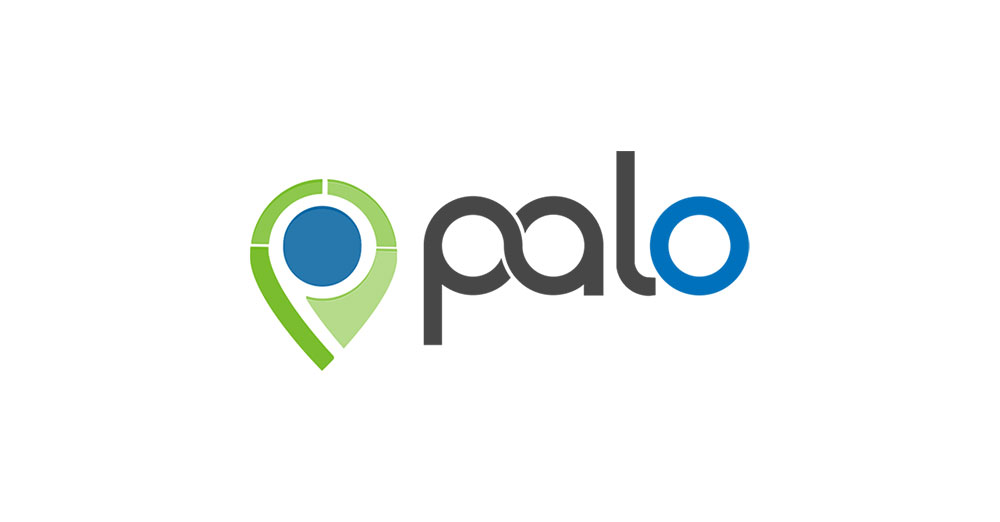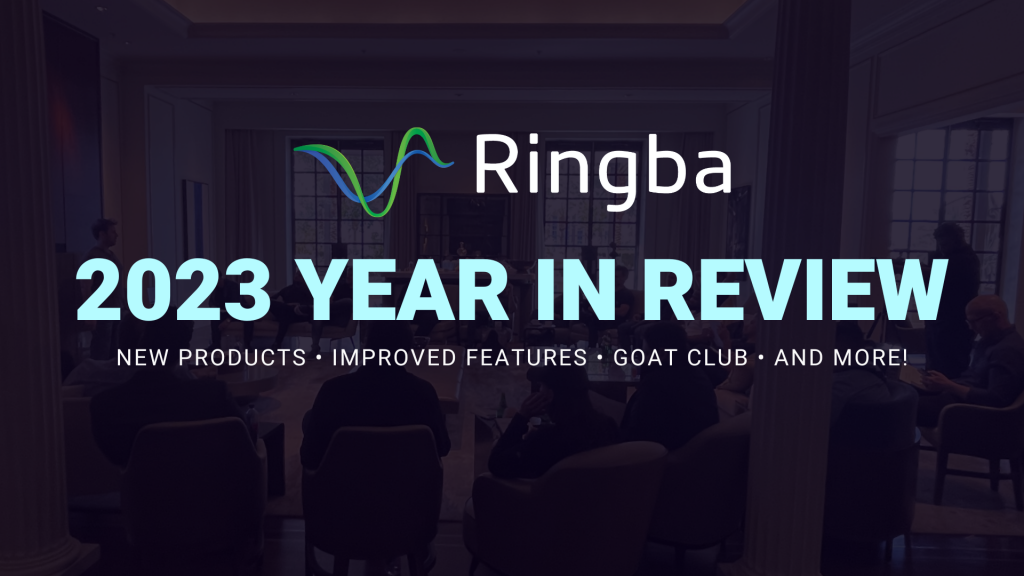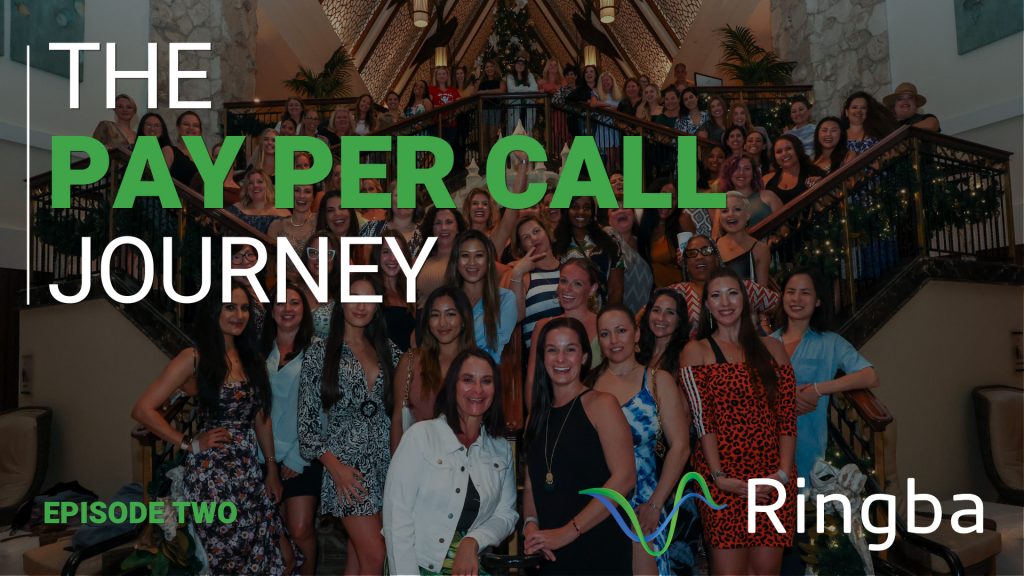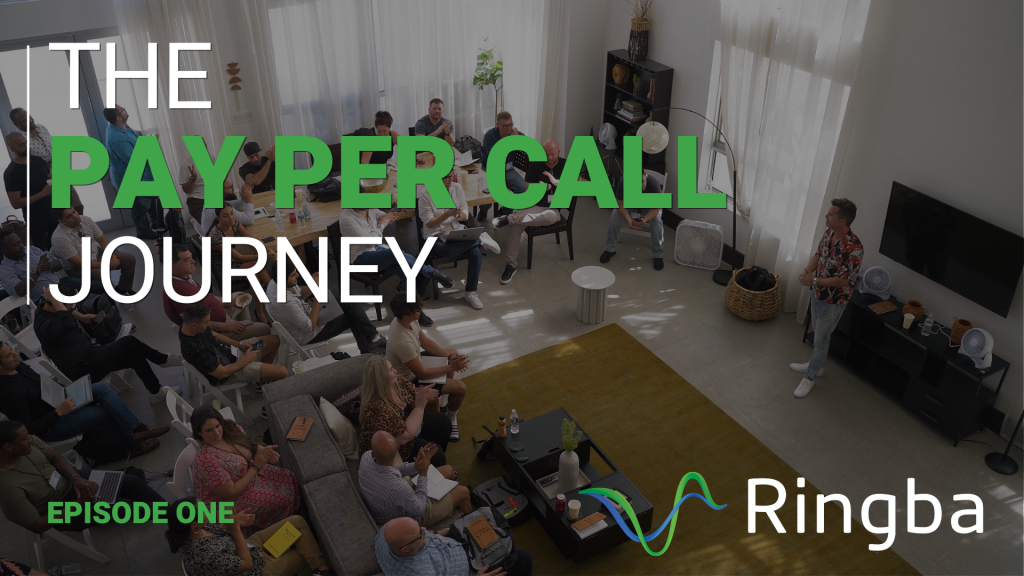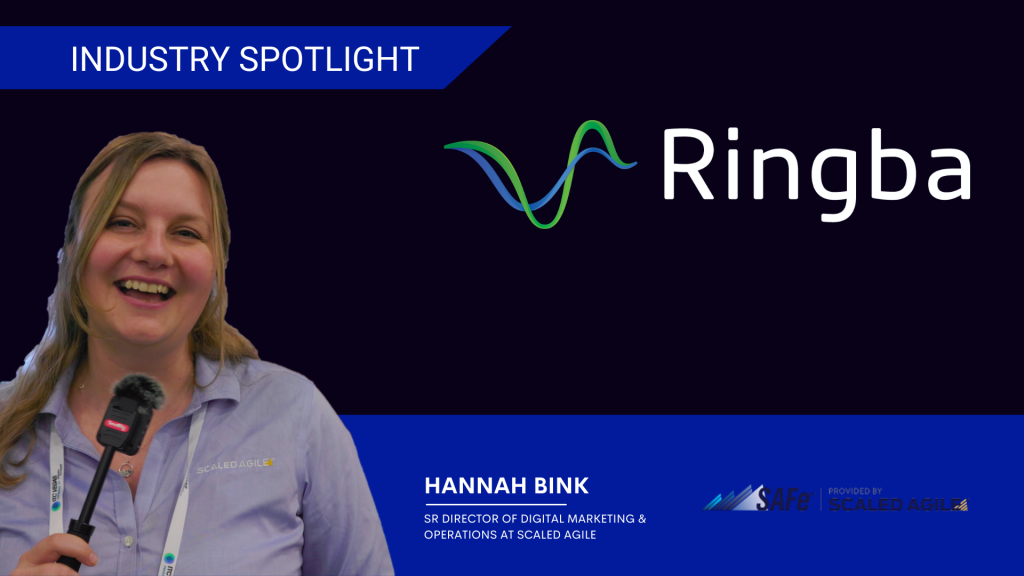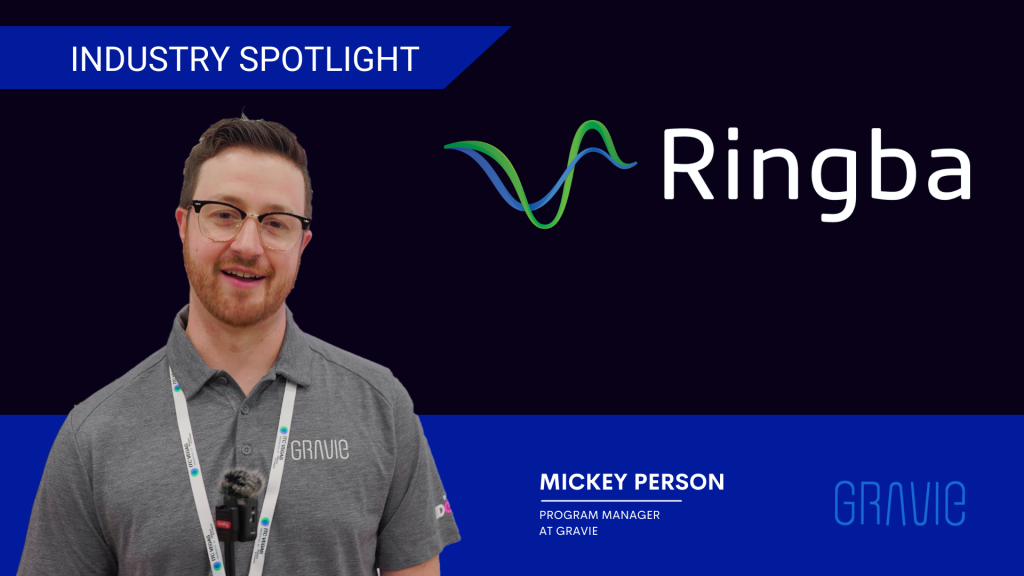“I really started to look at what this affiliate world was and I really tried to figure out how to expand upon it and I realized I had to start a business around that.” — Anthony Paluzzi, Founder of PALO Media
Anthony Paluzzi (LinkedIn: @paluzzi, Website: PaloMobile.com) is the CEO of PALO Media, and founder of the Caller Meetup. Based out of Boston, his company was featured in Inc. 500’s fastest growing companies in the United States. Recognizing the need for more trustworthy networks, he founded PALO in 2010. PALO is now considered a top-tier Pay Per Call marketplace, and Anthony an absolute leader in the Pay Per Call space.
Watch the interview on YouTube
Listen to the audio version
Read the transcript
Humble Beginnings
Anthony got his start in pay per call when he began a door-to-door sales job with Comcast. He wasn’t enthusiastic about knocking on doors, but wanted to keep his job. It wasn’t until realizing that people were still placing phone calls to order Comcast that he started learning how to generate inbound calls with local marketing.
From Sole Proprietor to CEO
“I mastered mobile display when it was easy and so from 2010 to 2014, I was rolling by myself just a one man shop, sole prop kind of thing and then in 2014, I decided this is when I should put a brand on it and this is when I should really do something bigger than that.”
Not enough affiliates make this transition from promoting other people’s offers to building a business of real substance. It would help our space out a lot, but not a lot of them attempt to take that leap. It really is a good move for most affiliates, if they do execute on it.
Toughest Lessons Learned
“Don’t give advertisers credit … Don’t extend too much credit and trying to do everything yourself. Those were the tough things that I went through as just a solo man.”
Advertiser issues can be a massive roadblock. To give you an idea, Anthony shared that this particular advertiser issue impacted his business “nicely into the six figures.”
Anthony’s Advice to New Pay Per Callers
“I would say the first thing or just one of the bigger things that I’d recommend is if you want to start in pay per call, really define what you want to be. So, I guess that would mean setting a long-term goal. So, do you want to be a broker and eventually graduate to a network? Do you want to just be an affiliate? Do you want to be an advertiser? Really, just set a goal of what you want to be, put a timeline on it, and then build up your mental assets and your network around that goal because if you want to be an affiliate, there’s no need for you to start brokering deals to other affiliates. If you want to be an affiliate, learn the hell out of whatever you want to market and do that. Become a master at being an affiliate. Don’t try to do too much at once. Some individual’s plans can change but if so, make sure you account for that with goals. Put a goal in place. Drive towards that goal and just focus on that and I think that’s what can help because the affiliate lifestyle can pull you in a lot of different directions. I think if you’re just starting out, first define what you want to be in pay per call then set yourself up for success from there.”
Specialize, Specialize, Specialize!
“The biggest mistake for let’s just use an affiliate for example and I guess this goes for a lot, not just affiliates but trying to be a master of all. I think what I realized when I was an affiliate, I was trying to everything at once.”
What Anthony goes on to recommend: do what you do best, and delegate the rest. You don’t need to be uploading ads. You don’t need to be doing keyword research. You can set the tone of what needs to happen! Do not be an affiliate trying to run dozens of campaigns on your own, not being able to scale. If you truly desire the ability to scale; build a team.
Growth and Competition in the Pay Per Call Industry
“The more players you see in pay per call, the more competitive it’s going to become and the value is only going to increase for an affiliate”
Well stated, and often underappreciated when it comes to assessing future opportunities in Pay Per Call. Anthony continues by suggesting that the more competition, the higher payouts will become, the more agencies and networks want to woo affiliates. Here at Ringba, we couldn’t agree more; this is a big reason why we constantly focus on increasing the profile of Pay Per Call among marketers. When it comes to Pay Per Call, the more is truly the merrier.
Pay Per Call Campaigns Last Long than CPA Campaigns
“Pay per call is an easier way to identify a quality lead over the phone which lets it last longer than any CPA campaign in my opinion ever.”
Even if you are only toe-deep into the waters of Pay Per Call, this tends to be the consensus among all of those transitioning from pure CPA into the Pay Per Call space. The sustainability of PPCall campaigns is greater than it would be with CPA. Perhaps many factors are at work that make this so, but Anthony emphasizes one in particular: you have to build a Pay Per Call campaign for quality, or your campaign will get shutdown fast. If quality isn’t being delivered by day one, expect an advertiser to identify that and shut you down.
Final Thoughts from Anthony Paluzzi
While Anthony is unwilling to dish out the his “secret recipe,” he leaves us with a few exciting tips of the trade. In describing the types of pages PALO uses to generate calls, Anthony tells us: “with Google, it’s definitely more Direct Response driven, sales, squeeze page style.” “With Facebook,” he continues, “it’s advertorial. It’s going back to the student loan days.” “Direct response squeeze pages are huge for search. Advertorial for Facebook because if you’re going to engage with someone on Facebook, they’re there to really just consume information and they’re going to want to keep consuming. So, you can’t really take them out of that flow. With Google, they’re looking for an instant result. I need a plumber. My house is flooding. Who’s going to help me? Click to the landing page. What’s that doing? Is it giving me the result I want? No? I’m going to move to the next page. That’s kind of the two main drivers I see.”
